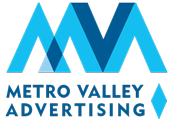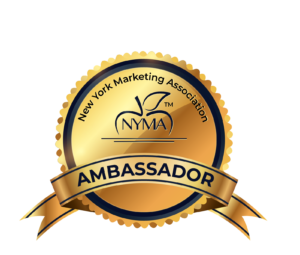Business to consumer (B2C) advertisers have long found that Pay-Per-Click (PPC) advertising is a great way to generate leads and customers. For some time Business to Business advertisers (B2B) have resisted PPC. As B2B advertisers have come to recognize that search engines and social media are used by business-people and consumers alike, PPC has grown in popularity. More companies get B2B leads with PPC.
It is estimated that over 70% of B2B buyers use search engines when researching their next purchase. Because targeting options are now so refined, using Google and Facebook for lead generation has become more efficient. And since paid advertising bears results far faster than organic optimization businesses are increasingly turning to PPC. What are successful B2B advertisers doing?
Best Practices
Search engines and social media platforms all have recommended best practices. Follow them. In the case of Google follow the hierarchy the search engine has established. Not following it can cause campaigns to under-perform. Ads should highlight benefits, not features. And always include a call-to-action so your prospect knows what to do.
High-Value Keywords
Focus on using high value keywords. Long-tail keywords are high value. A short term keyword (one or two words) is generally a very broad term. Someone searching “business website” could be learning about what goes into a website, how people view websites etc. It does not demonstrate intent. Long-tail keywords (three words or more) tend to show more intent. The keyword “Business website developer near me” is much more likely to yield a prospect interested in having a new website built. B2B companies should target more specific keywords that speak to the searcher’s intent.
Match Types
Just as Long-tail keywords indicate intent, match types also help to narrow the scope from tire-kickers to serious shoppers. Google allows keywords to be matched in “Broad” “Phrase” and “Exact”, providing more control to the advertiser as you progress. A broad match keyword will pull in more clicks, but they will generally be of lower quality since more searches will match your keyword. Limit broad match searches. Include negative keywords so that you don’t show for searches that aren’t relevant. Increasing the use of long-tail keywords along with phrase and exact match types will reduce the amount of wasted spend and lower cost-per-clicks.
Landing Page
As with any PPC campaign prospects who click on an ad should be taken to a dedicated landing page. This is critical for success. To increase conversions, aim to capture name and email address. Do not focus on making a sale yet. The research phase for B2B tends to be longer than for B2C, so nurturing the sale is important. Make it easy for your prospect to fill out your form and take the next step in the sales cycle.
Lead Form
The best way to scare off tire-kickers is to ask for more detailed information. If you find that you are generating lots of low-quality leads then taking this counter-intuitive step may save you time. Ask for information about their industry, job title, business goals or pain points. You will probably reduce the number of leads, but the quality will increase and the information you collect will be of value to sales.
Retargeting
Every PPC campaign should incorporate retargeting. While some people find retargeting a bit distasteful it is an important component of any PPC advertising campaign. Minimally, retargeting serves as a reminder to someone who has visited your site or landing page. When a prospect engages with a retargeting ad they tend to be of greater value, as it shows they are moving through the consideration phase with you.
With your B2B campaign ready you can launch your marketing. Once your advertising is live you then begin monitoring results. Measuring results and testing new options is as important for B2B as it is for B2C. Test different ad headlines. Work on copy for the ads and landing page. Look at different audience targeting to understand its’ impact. No matter how successful the campaign do not get satisfied. PPC is never a “set it and forget it” process.
B2B Leads With PPC
PPC for B2B offers a great opportunity for growth. In most cases, this is not the kind of campaign that develops stacks of leads. Instead, it qualifies prospects so that your sales team only works with people who have demonstrated intent. By following best practices, you can generate high quality B2B leads with PPC.



